South Africa Artificial Intelligence Trends for 2026

Can South Africa become Africa’s leading AI powerhouse? With rapid technological advancements and an increasing appetite for digital transformation, the country is positioning itself as a hub for AI innovation.
From research labs and startups to government initiatives, AI is no longer a distant concept but a tool shaping industries, society, and governance.
In this article, we explore South Africa’s AI landscape for 2026, highlighting emerging technologies, sectoral innovations, human-centric applications, sustainable development, and workforce transformation that will define the nation’s AI trajectory.
Emerging AI Technologies Driving Innovation
South Africa’s AI ecosystem is powered by advanced technologies that are transforming how businesses, institutions, and communities operate. Generative AI, natural language processing (NLP), computer vision, and predictive analytics are enabling smarter decision-making and fostering innovation.
Companies and research institutions are experimenting with intelligent automation to streamline workflows, enhance efficiency, and offer personalised solutions tailored to local needs.
These technologies are setting the foundation for real-world applications across research, startups, and public services.
Key Innovations:
- AI-powered automation to optimise operations
- Predictive analytics for strategic decision-making
- NLP tools for multilingual communication
- Generative AI for creative, enterprise, and educational solutions
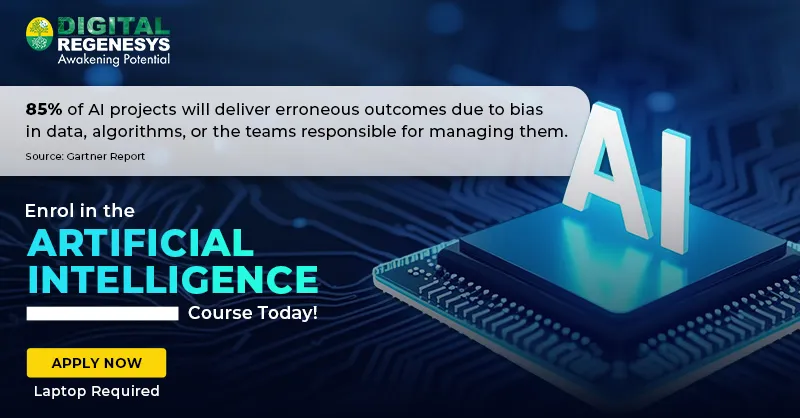
AI-Driven Research and Development
South Africa’s universities, research institutes, and innovation labs are leveraging AI to tackle pressing challenges. From climate modelling and urban planning to materials science and healthcare solutions, AI-driven research is enabling breakthroughs that improve efficiency and societal outcomes. Collaborative projects between academia and industry are accelerating knowledge transfer, ensuring the practical application of AI findings.
These research initiatives are directly influencing how startups and enterprises create solutions for local and global markets.
Applications of AI in R&D:
- Environmental and climate prediction models
- AI-driven urban planning simulations
- Advanced materials research and innovation
- NLP and language processing research for local languages
Read more – How to Start Studying Artificial Intelligence?
AI in Startups and Entrepreneurial Innovation
South Africa’s startup ecosystem is thriving, with entrepreneurs using AI to create products that address local problems. AI-enabled solutions are emerging in education, e-commerce, logistics, and creative industries, showcasing how technology can be harnessed for social and economic impact. Startups are leveraging AI to reduce costs, enhance customer experiences, and introduce previously unavailable services in the region.
The success of these startups demonstrates how AI can be leveraged to solve context-specific challenges in Africa.
Startup Innovations:
- Adaptive learning platforms for personalised education
- AI in e-commerce for smart recommendations and inventory optimisation
- Predictive analytics for logistics and supply chain efficiency
- AI-driven insights in media, entertainment, and creative sectors
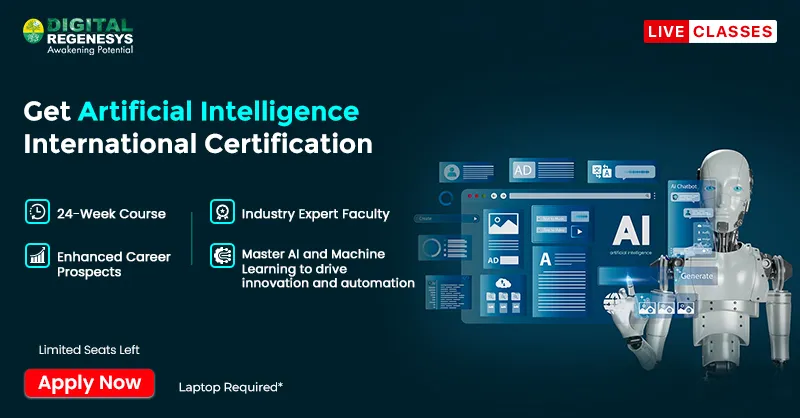
Human-Centric AI: Workforce and Skill Transformation
As AI adoption accelerates, preparing South Africa’s workforce is essential. Upskilling professionals to work alongside AI technologies ensures businesses and communities benefit from innovation. From practical training in machine learning and data analytics to understanding AI ethics and governance, professionals are learning to navigate AI’s opportunities and challenges.
Structured learning programmes help individuals gain hands-on experience and adapt to the demands of an AI-driven economy.
Workforce Development:
- AI-focused certifications and training courses
- Hands-on projects for practical skill application
- Reskilling programs for transitioning into AI roles
- Emphasis on ethical, human-centred AI integration
Get insights on Why Study Artificial Intelligence?
Education and Skill Development in the AI Era
Education is at the core of South Africa’s AI transformation. Institutions are introducing courses to help students and professionals acquire AI knowledge and practical expertise. By combining theory with real-world applications, learners can contribute to solving local challenges while remaining competitive globally.
For aspiring professionals, structured courses provide a pathway to gain valuable AI skills.
Learning Opportunities:
- Upskilling in AI, machine learning, and data science
- Hands-on experience with AI tools and frameworks
- Training for ethical and responsible AI use
- Programs like the Digital Regenesys Artificial Intelligence Certificate Course that provide comprehensive, practical AI education
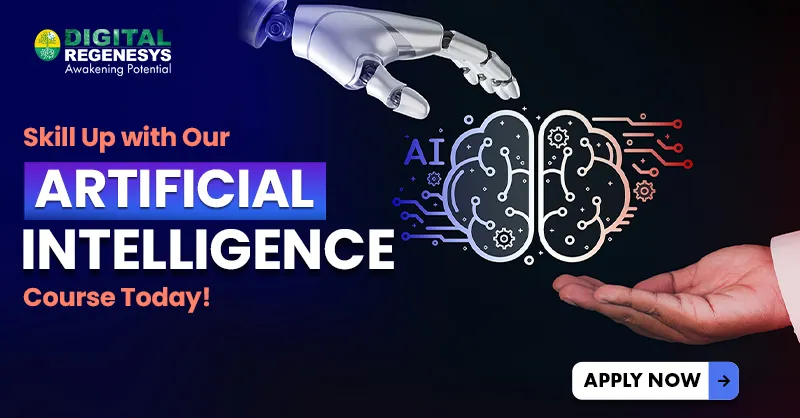
AI Governance, Ethics, and Policy Frameworks
South Africa is prioritising the development of policies and ethical frameworks to ensure responsible AI adoption. Regulations aim to build public trust, maintain transparency, and protect data privacy. Public-private partnerships are playing a vital role in shaping policies that balance innovation with accountability, fostering a sustainable AI ecosystem.
Understanding these governance mechanisms is essential for companies, startups, and professionals deploying AI solutions.
Key Governance Considerations:
- National AI strategy and ethical standards
- Data privacy and cybersecurity regulations
- Transparent AI in public services and decision-making
- Collaboration between government, industry, and academia
Know more about Types of Machine Learning in Artificial Intelligence.
AI for Sustainability and Climate Action
AI is emerging as a critical tool for environmental sustainability in South Africa. From optimising renewable energy grids to monitoring natural resources, AI supports efforts to mitigate climate change and manage ecosystems effectively. Smart applications allow for predictive maintenance, efficient resource allocation, and real-time monitoring of environmental impact.
These applications highlight AI’s potential to drive both economic growth and ecological responsibility.
Sustainability Applications:
- Smart energy grids and renewable energy forecasting
- AI-assisted environmental monitoring and conservation
- Predictive climate modelling for urban and agricultural planning
- Waste management and circular economy optimisation
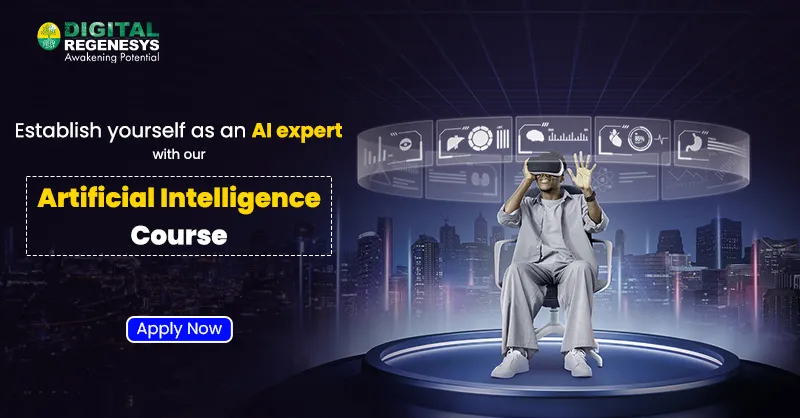
AI in Smart Cities and Infrastructure
South African cities are beginning to integrate AI into infrastructure planning and urban management. By leveraging data analytics and machine learning, municipalities can optimise traffic, enhance public safety, and improve service delivery. These initiatives are laying the groundwork for future-ready, intelligent urban environments.
Smart city applications demonstrate how AI can improve everyday life and public services.
Smart City Applications:
- AI-based traffic management and public transport optimisation
- Predictive infrastructure maintenance
- AI-enabled public safety and emergency response
- Data-driven urban planning and citizen engagement
Challenges and Opportunities
While South Africa is progressing rapidly, obstacles remain. Infrastructure gaps, limited AI expertise, and regulatory uncertainties pose challenges to widespread adoption. However, these same factors present opportunities for innovation, skill development, and local AI solutions that can compete globally.
By addressing these challenges proactively, South Africa can harness AI to achieve economic growth, technological leadership, and social impact.
Key Challenges & Opportunities:
- Limited skilled AI professionals and talent pipeline
- High investment costs for AI deployment
- Data scarcity and management hurdles
- Potential for homegrown AI solutions and regional leadership
Future Trends and Innovations
Looking ahead to 2026, South Africa’s AI ecosystem will expand across research, industry, and public services. Emerging trends include AI-driven automation, generative AI applications, and integration into smart infrastructure. Cross-industry collaborations and AI research hubs will further drive innovation.
Professionals, businesses, and policymakers can leverage these trends to stay ahead in an increasingly AI-driven world.
Emerging Trends:
- Generative AI for enterprise, creative, and educational use
- AI-enhanced decision-making in government and finance
- Growth of research hubs and innovation clusters
- AI applications in smart cities, sustainability, and energy management
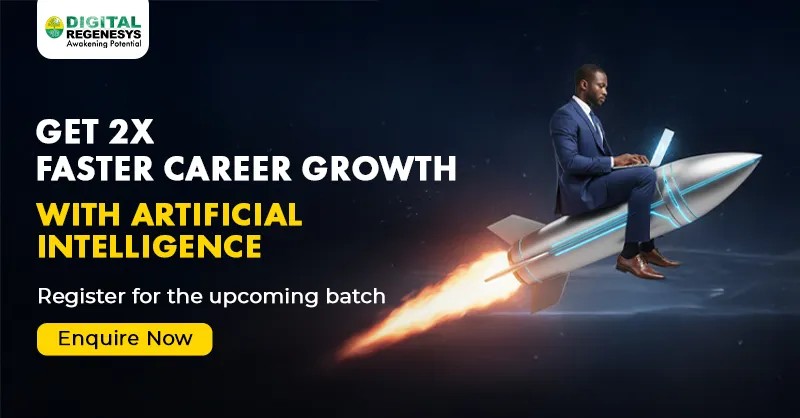
Conclusion
South Africa’s AI journey is gaining momentum, driven by research, startups, workforce transformation, and sustainable innovation. The country has the potential to lead Africa in AI adoption, creating economic, social, and environmental value.
For professionals seeking to gain practical AI skills, the Digital Regenesys Artificial Intelligence Certificate Course offers hands-on learning, covering tools like Python, TensorFlow, and computer vision, equipping learners to implement AI solutions effectively.
Visit Digital Regenesys to gain AI expertise and become a leader in South Africa’s AI-driven future.
Last Updated: 22 January 2026